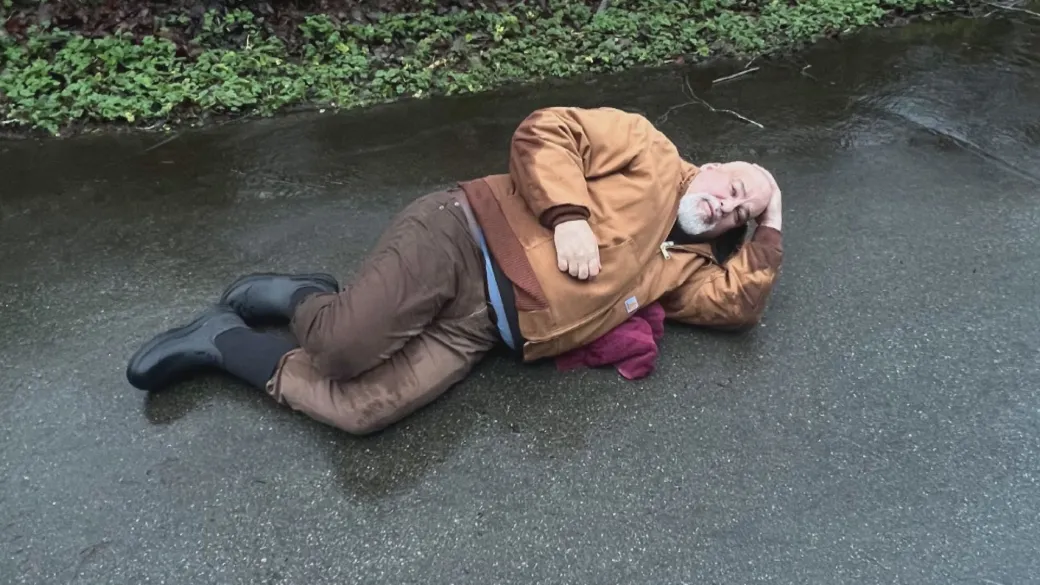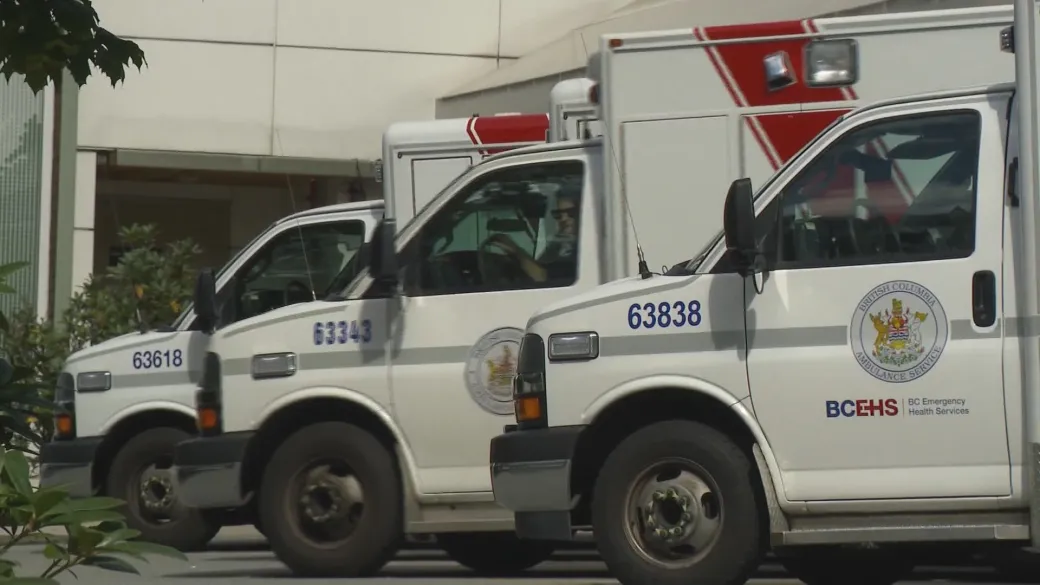

British Columbia’s health minister is responding to concerns from the province’s paramedic union over overtime and staffing concerns, which it says are contributing to service delays.

“We continue to see widespread ambulances out of service and just sitting empty,” Ambulance Paramedics of B.C. spokesperson Ian Tait told Global News.
“Obviously the interior and north seem to be hit extra hard, but we’ve seen a lot of it in Vancouver and in municipalities throughout the valley as well.”

The union says BC Emergency Health Services (BCEHS) relies heavily on overtime to keep ambulances staffed, but as of Jan. 1 has stopped scheduling overtime shifts in advance, instead relying on last-minute calls.
That’s resulted in fewer staffed ambulances, the union alleges, something Tait described as a front-line service cut — and longer wait times for patients — as BCEHS grapples with a $200-million budget deficit.
On Monday, Health Minister Josie Osborne said the province was working with BCEHS to review “cost pressures” and help the agency achieve a balanced budget while ensuring both rural and urban areas are served.
“I know just how important it is for people and for paramedics themselves, that’s why undertaking a review with the Provincial Health Services Authority and BCEHS is an important part of the work we are doing,” Osborne said.
“There are a variety of factors that could contribute to why it will take longer or shorter (for an ambulance to arrive), but when the critical need is identified, the ambulance, we know that they need to be there and we’re going to continue to work with BC EHS and we’re going to continue to work with those service providers across the province.”

On Sunday, BCEHS told Global News it closely monitors staffing levels and works to “fill shifts as quickly as possible” when vacant.
The Health Ministry added that there had been “ no increase in the number of ambulances out of service since the overtime policy review, and response times have largely remained stable.”
From the union’s perspective, the solution is simple: stop scheduling overtime on an ad-hoc basis, and resume the policy of allowing paramedics to sign up for overtime shifts in advance.
“When you think of an ambulance sitting empty, inevitably that is tied to patients’ lives being at risk,” Tait said.
“When you have paramedics who are putting their hands up and saying, ‘I will come in on my days off, I will work on my holidays, I want to staff the ambulance in my community so it’s not empty,’ we shouldn’t be putting any barrier in front of those people.”


